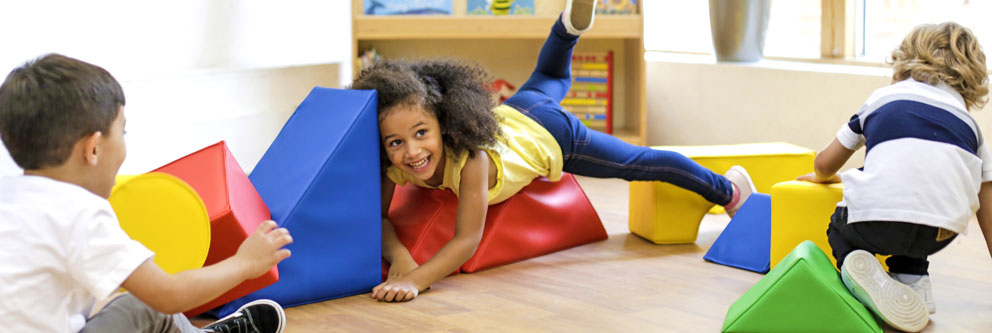

Sensory Play in the Early Years
In the world of early childhood development, educators and parents alike are constantly seeking engaging and effective ways to stimulate a child's learning and growth. One method that has gained widespread recognition for its myriad benefits is sensory play. Sensory play involves activities that stimulate a child's senses, namely touch, sight, sound, taste, and smell. In this blog, we will explore the five key benefits of incorporating sensory play into the early years environment.
1. Cognitive Development: Sensory play provides a rich environment for cognitive development. When children engage in activities that involve their senses, such as squishing playdough, exploring textured materials, or sorting objects by colour, their brains are actively making connections. These experiences lay the foundation for critical thinking, problem-solving, and spatial awareness. The hands-on nature of sensory play allows children to explore cause and effect, patterns, and basic scientific principles in a way that is both fun and educational.
2. Fine and Gross Motor Skills: Sensory play is a goldmine for developing both fine and gross motor skills. Activities like pouring, scooping, pinching, and squeezing enhance the development of hand-eye coordination and fine motor skills. Meanwhile, larger movements such as jumping, crawling, and balancing during sensory play contribute to the improvement of gross motor skills. The tactile nature of sensory experiences helps children build strength, control, and precision in their movements, setting the stage for future physical milestones.
3. Language and Communication Skills: Engaging in sensory play exposes children to a diverse range of vocabulary and language opportunities. Describing the sensations, textures, and colours they encounter during play helps children expand their vocabulary and express themselves more articulately. Additionally, group sensory activities foster social interaction and cooperation, providing a platform for children to share their experiences, ideas, and feelings with peers. This not only enhances communication skills but also lays the groundwork for effective social interactions later in life.
4. Emotional Regulation: Sensory play offers a unique avenue for emotional expression and regulation. The calming and soothing nature of certain sensory activities, such as playing with soft fabrics or listening to calming sounds, can help children manage stress and anxiety. On the flip side, more dynamic activities can provide an outlet for excess energy and frustration. By engaging in sensory play, children learn to identify and cope with their emotions, developing essential emotional regulation skills that will serve them well throughout their lives.
5. Creativity and Imagination: Perhaps one of the most celebrated benefits of sensory play is its role in fostering creativity and imagination. Unlike structured activities, sensory play encourages open-ended exploration and experimentation. This freedom allows children to use their imaginations, invent scenarios, and create their own narratives. Whether it's molding shapes from clay, building with sand, or exploring a sensory bin filled with diverse materials, the unstructured nature of sensory play sparks creativity, innovation, and a love for learning.
Incorporating sensory play into the early years of a child's life is a powerful tool for holistic development. From cognitive and motor skills to language development, emotional regulation, and fostering creativity, the benefits of sensory play are both diverse and profound. As parents and educators, recognizing the importance of sensory experiences can pave the way for a child's lifelong love of learning and curiosity about the world around them. So, let the squishing, squeezing, and exploring begin – because in the world of early childhood development, sensory play is truly a gateway to growth and discovery.